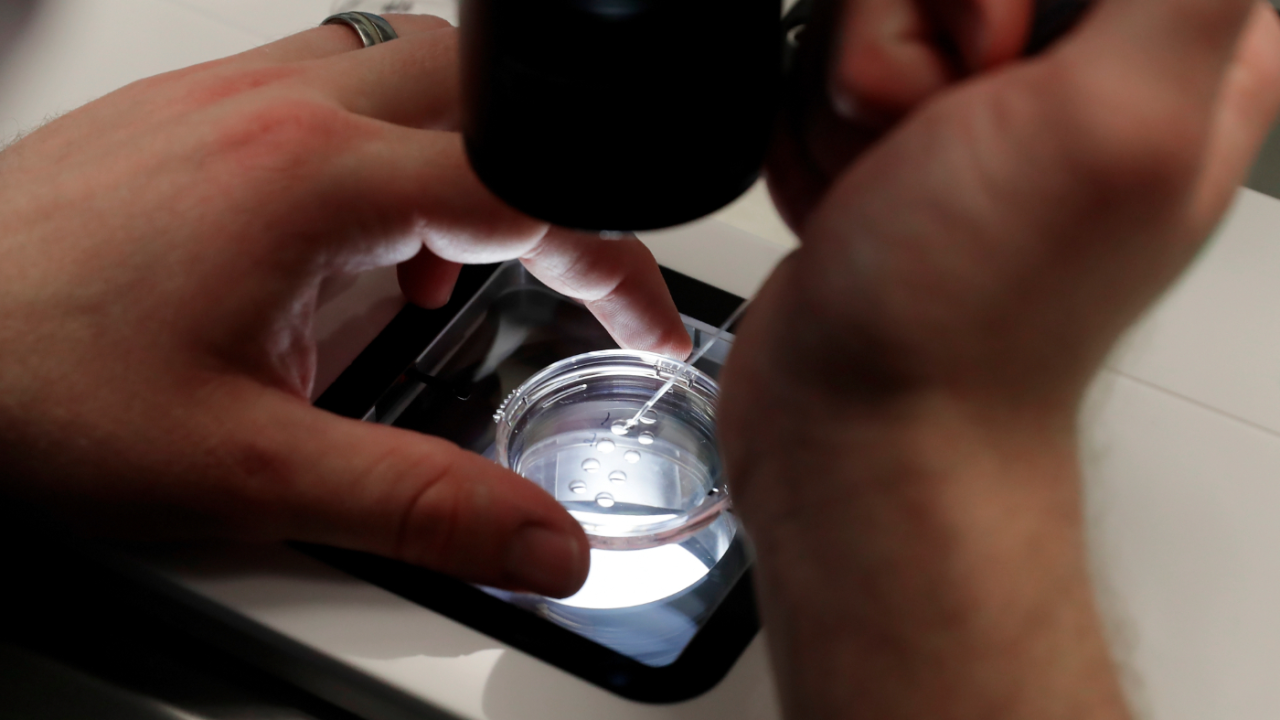In vitro fertilization (IVF) has been getting a lot of media attention lately, as courts argue about whether frozen embryos constitute people and are therefore worthy of legal protection.
The controversy comes at a time when more couples than ever rely on this process to start a family. The practice accounts for more than 5 percent of live births in some European countries, where it is more affordable or covered by insurance, and nearly 2 percent of U.S. births. As rates continue to rise, it is expected that up to 10 percent of all children will soon be conceived through IVF in some parts of the world.
Based on existing science, it only gets worse looking into the future. The World Health Organization estimates that 60 to 80 million couples suffer from infertility worldwide, with one in six adults experiencing infertility at some point in their lives. In the U.S., more than 13 percent of women in their childbearing years have fertility issues, along with more than 11 percent of their male peers.
Lost in the debate is the question of why couples increasingly need fertility assistance at all.
While multiple factors drive infertility rates — including couples choosing to delay having children while they build their careers, only to find it’s more difficult to conceive at an older age — evidence is building that the introduction of manmade chemicals into the environment has played a role.






